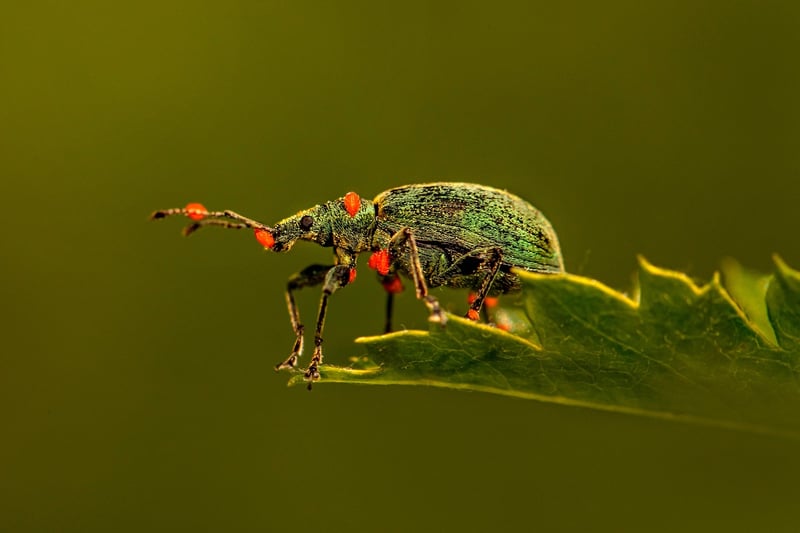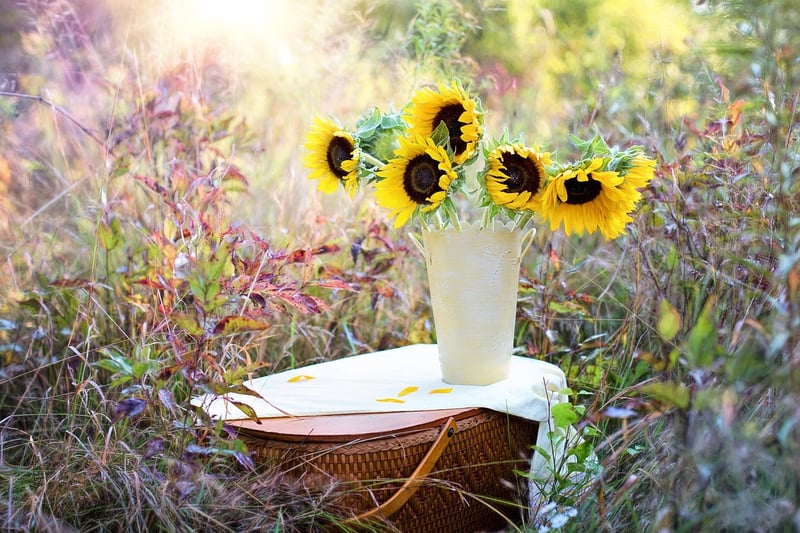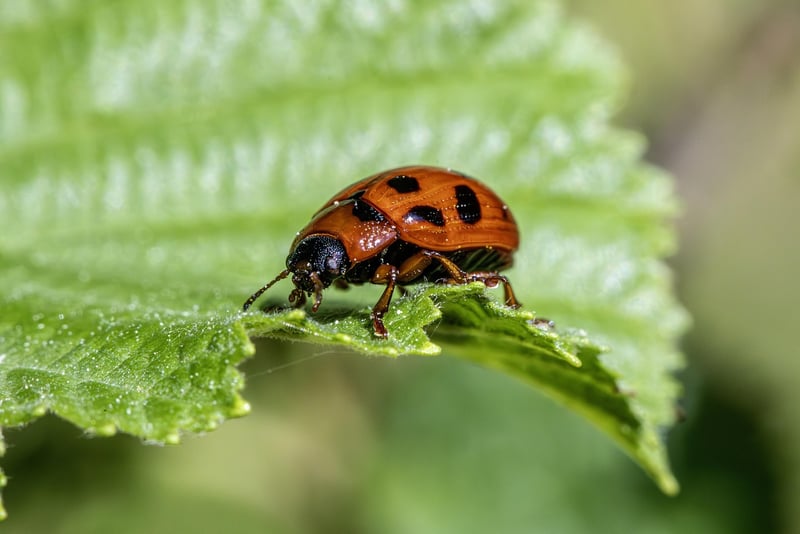Pest Control Tips
#gardening tips
#plant health
#green thumb
Essential Tips for Healthy Plants and Pest Control
Tips for Healthy Plants:
Having healthy plants not only adds beauty to your space but also contributes to a better environment. Here are some essential tips to ensure your plants thrive:
- Choose the right plant for the right place. Consider the sunlight, water, and soil requirements of each plant.
- Water your plants correctly. Overwatering or underwatering can harm your plants. Ensure proper drainage for potted plants.
- Provide adequate sunlight. Most plants require sunlight for photosynthesis, so place them where they can get enough light.
- Fertilize your plants. Use a balanced fertilizer to provide essential nutrients for healthy growth.
- Prune regularly. Trimming dead leaves or branches helps plants focus their energy on healthy growth.
- Monitor for pests and diseases. Early detection can prevent widespread damage to your plants.
Tips for Pest Control:
Pests can wreak havoc on your plants if left unchecked. Here are some tips to control pests effectively:
- Inspect your plants regularly. Look for signs of pest infestation such as holes in leaves, sticky residue, or webbing.
- Use natural remedies like neem oil or insecticidal soap to deter pests without harming beneficial insects.
- Introduce beneficial insects like ladybugs or lacewings that feed on pests in your garden.
- Practice crop rotation to prevent the buildup of pests in the soil.
- Avoid overcrowding plants. Proper spacing allows for better air circulation and reduces the risk of pest infestation.
- Consider using physical barriers like row covers to protect your plants from pests.
Remember, prevention is key to maintaining healthy plants and controlling pests. By following these tips, you can create a thriving garden that is both beautiful and pest-free!


For more information on plant care and pest control, visit Royal Horticultural Society.
